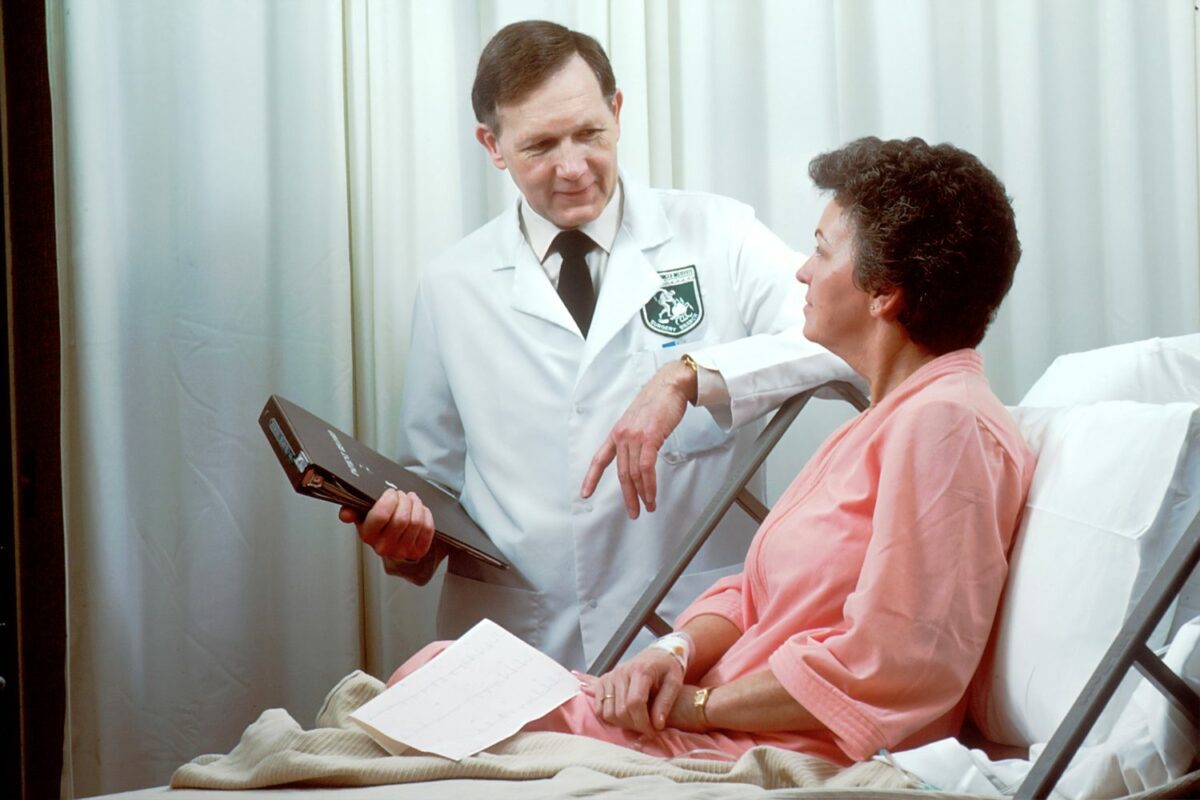Going to the doctor can be a stressful time for patients. As a healthcare provider, it is crucial to ensure that your patient’s experience is as positive and reassuring as possible.
There are many ways that you could consider adjusting patient care to ensure that patients feel safe and comfortable returning if they should need to. Here are four of the best ways you can do so:
First Impressions
First impressions are essential, even when it comes to medical practices. Your office should be a welcoming place, that puts your patients at ease when they arrive.
Your office should be attractive, comfortable and clean. It could be a good idea to invest in some comfortable and easy to clean seating, as well as some magazines or other reading materials for patients to browse while they wait.
Your website should also give an excellent impression to your patients. Make sure that it is easy to use, with an intuitive interface. All of your practice information, such as opening times, doctors’ and medical practitioners’ contact information and qualifications, should be clearly listed.
Where possible, your website should allow your patients to book appointments and offer the ability to contact you by phone and email.
Invest In Practice Management Software
During the day to day running of your practice, you should be able to focus on what you do best: diagnosing, treating and interacting with patients. It is hard to engage as effectively with your patients if you have mountains of paperwork and admin to deal with on a daily basis.
A brilliant way to streamline office processes and free up more of your valuable time is by investing in the right practice management software. This type of software improves efficiency and allows you to spend more of your time working with patients.
Practice management software also improves the overall patient experience and ensures that appointment reminders are sent to prevent missed appointments. Take a look at this practice management medical software from Medical Director for an idea of the enormous benefits your practice could gain from the right software.
Communication
Communication is crucial for patients to have a good experience with your practice. Waiting for appointments or results of testing can be a nerve-wracking experience so, as a medical practice, you must keep in contact with your patients and ensure that they understand every step of the process.
You could consider automated messages to notify patients of appointments and when they need to call or visit the office for any other reason. Other communications should be done over the phone by a member of staff where possible.
It would help if you gave your patients a clear overview of what to expect following their appointment. Let them know if they will receive a further appointment, follow up by phone and give them an estimate of how long they will be waiting for test results.
It is also essential to take some time to discuss your patient’s concerns if they have any. Let them know that they are your sole focus and that you are happy to discuss anything with them that they might require.
Cut Down On Waiting Time
It can be frustrating for patients to wait for appointments or follow-ups if they have concerns for their health. As a medical practitioner, you should be doing all you can to ensure that patient appointments are timely and don’t involve unnecessary delays.
You should aim to ensure that patients who call in to your practice by phone or in person are answered promptly and given relevant information as soon as possible. While this is not always achievable for a busy practice, you should consider how you can best improve patient waiting times. You could consider taking on more administrative staff to field patient queries or other medical professionals to take over some of your patient roster.
Make Dignity And Respect Your Practice Ethos
Treating patients with respect and dignity should be one of your top priorities. When seeing a patient, you should ensure that they are your sole focus. This will help your patients to feel more at ease and heard.
Coming to a medical practice can be a worrying time for any patient, so ensuring that you treat their concerns with utmost respect and compassion is crucial. Let the patient tell you their medical worries in their own time, and try to ensure that you space out appointments in a way that allows each patient adequate time to air their concerns.
You could consider a pre-appointment questionnaire to allocate the right amount of time to each patient, given that some will have more complex needs than others.
The principle of respect should extend to other staff members as well. You should ensure that your entire team from admin to healthcare understand the importance and best practices when treating patients with respect and dignity.






























